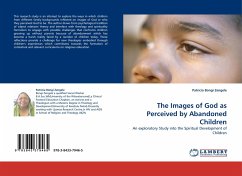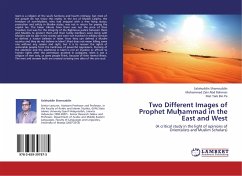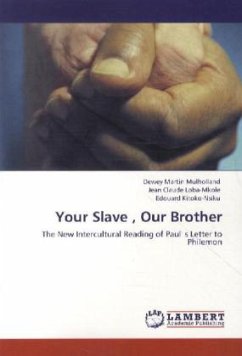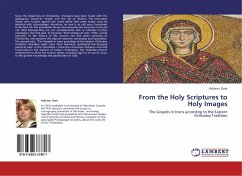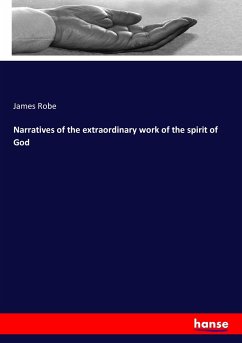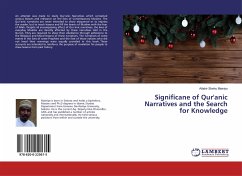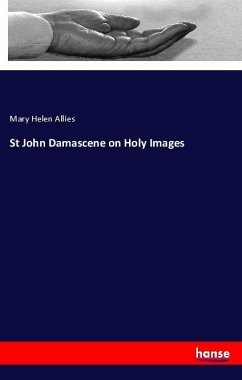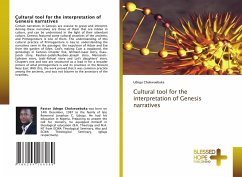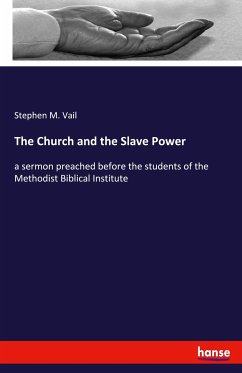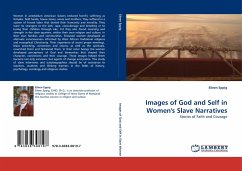
Images of God and Self in Women''s Slave Narratives
Stories of Faith and Courage
Versandkostenfrei!
Versandfertig in 6-10 Tagen
52,99 €
inkl. MwSt.

PAYBACK Punkte
26 °P sammeln!
Women in antebellum American slavery endured horrific suffering as females, field hands, house slaves, wives and mothers. They suffered in a system of forced labor that denied their humanity and morality. They were no strangers to the lash, rape, concubinage and breeding or to losing their children through sale. Yet they also found meaning and strength in the slave quarters, within their own religion and culture, in their own families and communities. Enslaved women developed an alternate consciousness informed by West African traditional religions and evangelical Christianity. Their experienc...
Women in antebellum American slavery endured horrific suffering as females, field hands, house slaves, wives and mothers. They suffered in a system of forced labor that denied their humanity and morality. They were no strangers to the lash, rape, concubinage and breeding or to losing their children through sale. Yet they also found meaning and strength in the slave quarters, within their own religion and culture, in their own families and communities. Enslaved women developed an alternate consciousness informed by West African traditional religions and evangelical Christianity. Their experience of secret prayer meetings, black preaching, conversion and visions, as well as the spirituals, nourished them and fashioned them. In their inner beings the women developed perceptions of God and themselves that shaped their character, convictions and their courage. These images helped them become not only survivors, but agents of change and justice. This study of slave interviews and autobiographies should be of assistance to teachers, students and lifelong learners in the fields of history, psychology, sociology and religious studies.



